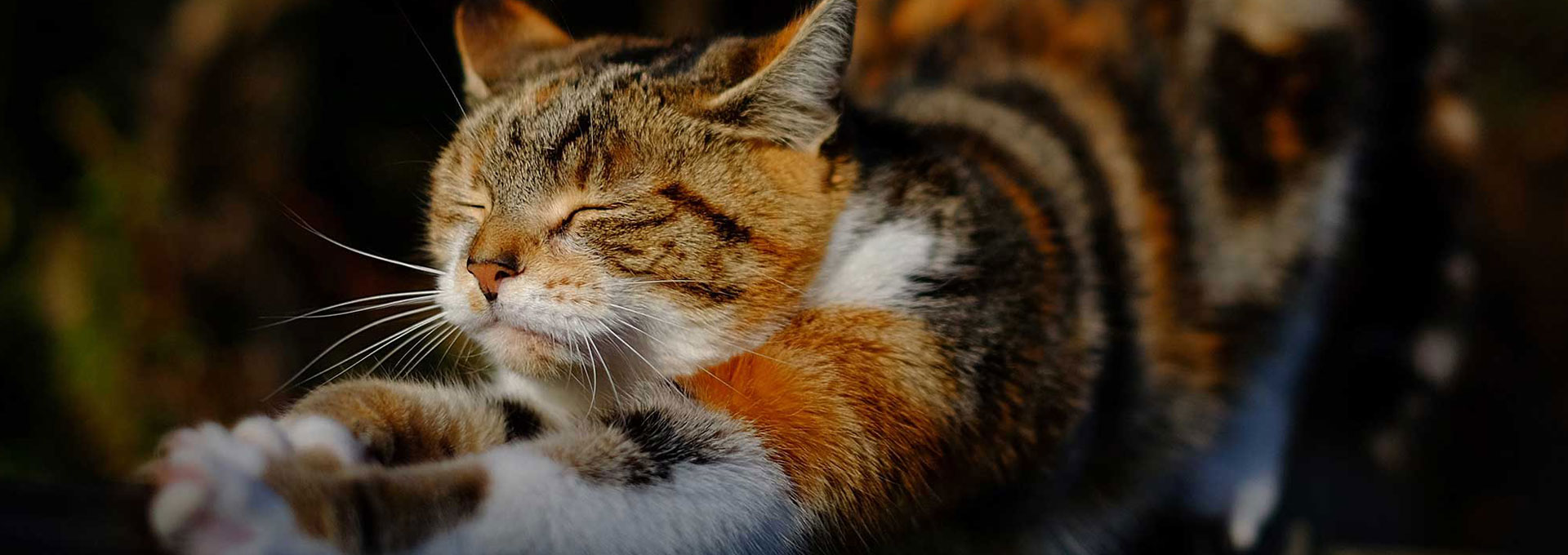Pets Have Teeth Too!
A recent study was just published stating pets with regular dental care can live 2 to 4 more years. It has been known for a long time that humans can live 10 more years if they floss regularly. In my opinion, dental disease contributes more to poor health in pets than any other factor I see in my practice. Routinely we see abscessed teeth, severe periodontal disease, decay, ulcerative inflammation and other problems which in turn causes heart murmurs, kidney failure, liver failure, tonsillitis, tracheitis, bronchitis and the list continues. Most of these problems can be avoided by regular dental care by the owner as well as by the veterinarian.
Regular care starting with simple brushing of the teeth daily ideally or every other day usually suffices. It is tolerated by most pets if started when they are young, however older pets may tolerate brushing if consistently and gently approached. One should use a soft child’s toothbrush and special enzymatic toothpaste such as C.E.T.(Do not use human toothpaste as the fluoride can make them vomit). If the pet will not tolerate brushing, regular dental prophys by the veterinarian will suffice. Dental prophys involve general anesthesia which scares some people. Anesthesia is a risk and will kill less than 1% of pets and people in this country each year. However, modern anesthesia and vital signs monitoring available these days have virtually eliminated anesthetic deaths, but it is impossible to eliminate all risks. Pets teeth are examined then ultrasonically cleaned and polished. We offer progressive dental care such as root canals, crowns, fillings etc. for clients who request this service. These are all outpatient services and most pets go home the same day unless extensive work is performed.
Genetics play a role in the frequency of dental prophys needed. Some cats and dogs need dentals once or twice in a lifetime, whereas some will need work every 6 months to a year. Poodles, Yorkies, Dachshunds, Schnauzers, Chihuahuas tend to need care at least yearly and usually more frequently. Pets whohave received regular dental care throughout their lives are healthier and less expensive to care for as they age.
If you have any questions about dental care or prophys, please give us a call.





